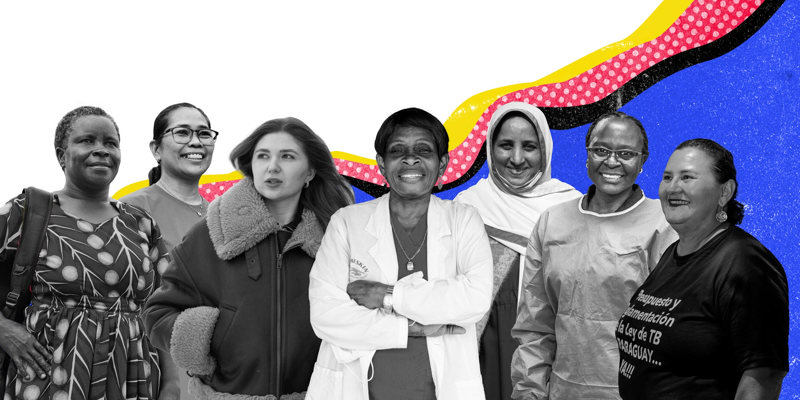Tajikistan signs US$ 1.5 million HIV grant agreement with the Global Fund completing all first-round former Soviet Union countries
31 January 2003
Dushanbe, Tajikistan – One director of a local NGO needle-exchange recently characterized the spread of HIV in the Tajikistan capital Dushanbe due to sharing dirty needles as “an uncontrollable forest fire”. There are an estimated 30,000 intravenous drug users (IVDUs) across the country, with outreach and preventative programs currently reaching only about 5 per cent of them. Infection rates in this segment of society are reckoned to be running at around 80 per cent.
Tajikistan has experienced three changes in government and a five-year civil war since it gained independence in 1991 from the USSR. The civil war hit the economy and people hard; unemployment now stands at critical levels and migration in search of work is high. These factors have combined with an explosion in numbers of IVDUs, caused by the country’s position on the burgeoning Afghanistan-Europe opium and heroin route, to fuel a hidden HIV epidemic – hidden due to the country’s lack of reliable laboratory equipment. The war caused damage to around half of the republic’s diagnostics laboratories, and remaining functioning equipment has all too often been outdated. Currently only 40 per cent of donors’ blood is tested for HIV infection in-country.
Now the Global Fund has signed an agreement committing US$ 1.5 million over the first two years to support Tajikistan’s national response to the HIV/AIDS pandemic. Tajikistan is the first of the Central Asian Republics to have a Global Fund grant in place. With this signing, all the countries of the Former Soviet Union (Ukraine, Moldova and Tajikistan) from Round One now have Grant Agreements in place, soon to be followed by signings for Round Two HIV/AIDS programs in neighboring Afghanistan, Kazakhstan, Kyrgyzstan and Pakistan .
The scaling-up of the national program occasioned by the Global Fund grant will allow, among other components, for 13 additional anonymous drop-in centers for IVDUs in ten regions around the country; HIV/AIDS/STI and drug abuse prevention in 2,840 secondary schools; preventive programs among commercial sex workers; and improved laboratory diagnostic and screening facilities.
The Global Fund has now signed or is about to complete 56 grant agreements with 33 countries, representing US$ 455 million in two-year commitments. Initial disbursements totaling US$ 13 million have been made or requested to 14 countries.







